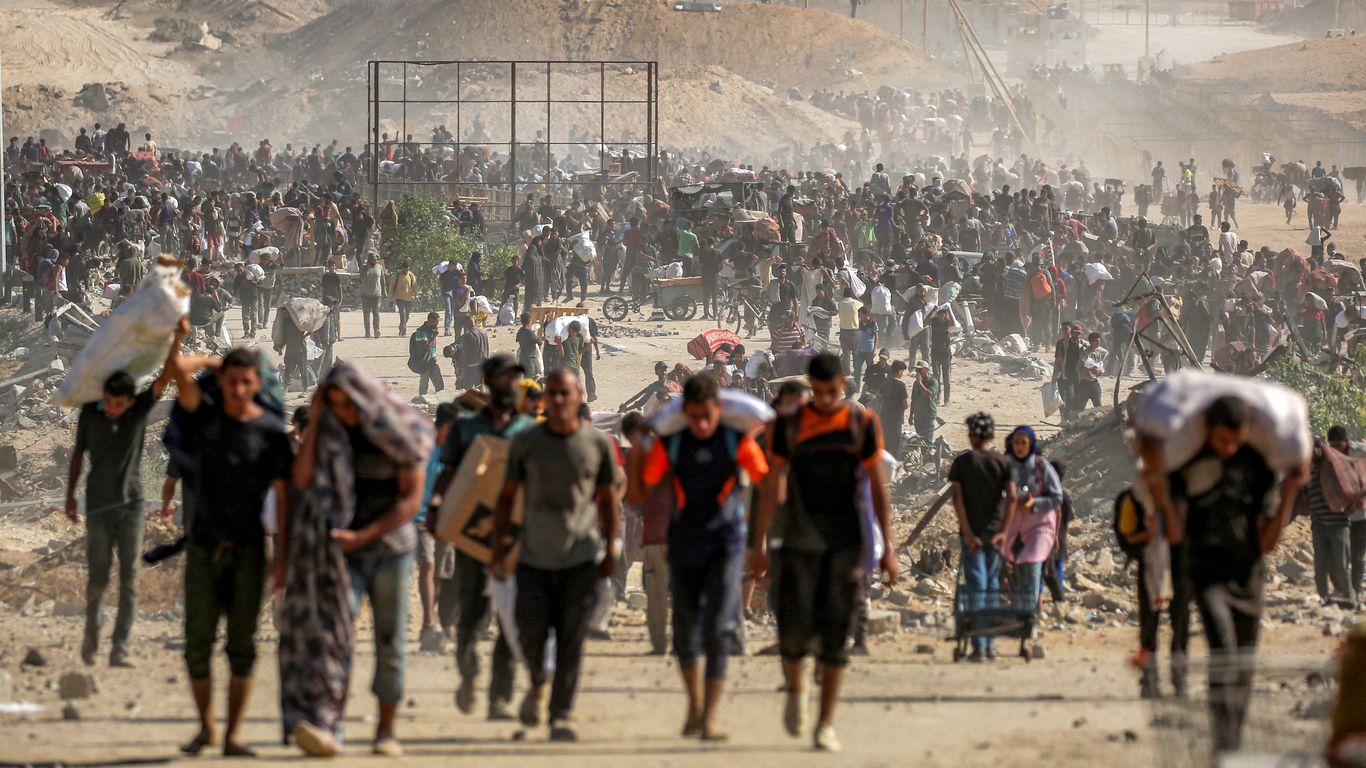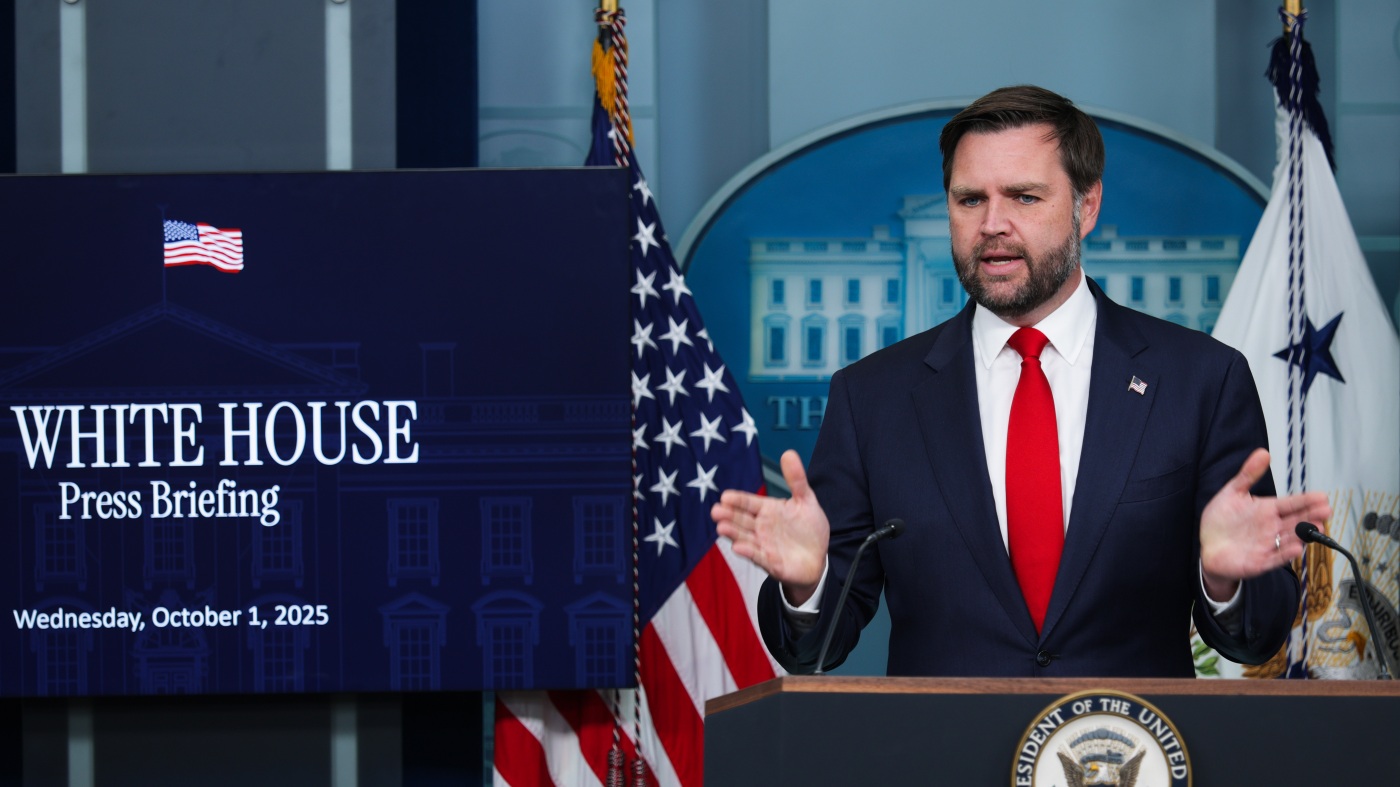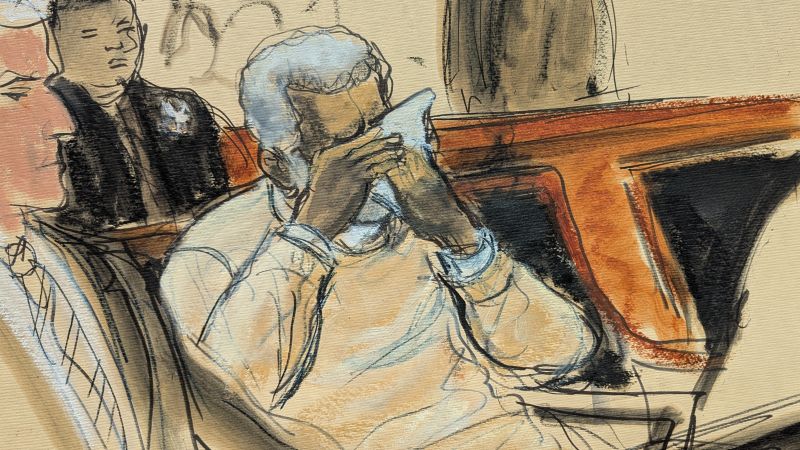A Father Meets His Newborn Son
Palestinian activist Mahmoud Khalil finally met his newborn son for the first time on Thursday, just hours before a crucial immigration hearing that could determine whether he faces deportation from the United States.
The emotional reunion came after a federal judge ordered immigration officials to allow a contact visit at the Louisiana detention facility where Khalil has been held since March. The Syrian-born Palestinian refugee, who is a Columbia University graduate student and lawful permanent resident, has been detained for over 75 days following his arrest by Immigration and Customs Enforcement (ICE) agents.
"This was Mr. Khalil's first chance at holding his newborn child, who was born a month ago. And it's really sad that we had to go to court to get that," said Ramzi Kassem, one of Khalil's attorneys.
Challenging Legal Battle
During Thursday's immigration hearing, Judge Jamee Comans denied motions to terminate deportation proceedings despite Khalil's attorneys arguing he was arrested illegally and without a warrant. The judge also rejected motions to postpone the hearing and to subpoena witnesses.
Khalil's legal team presented hundreds of pages of evidence against his removal, including declarations from professors and classmates attesting to his character, as well as expert testimony suggesting he could face dangerous persecution if deported.
"It's an attempt, an unsuccessful attempt at that, to silence people who speak up in defense of Palestinian human rights," Kassem stated. "The government has presented no evidence in support of its baseless rhetoric."
The Trump administration has relied on a rarely used section of immigration law to argue Khalil should be deported because his presence threatens U.S. foreign policy goals of combating antisemitism. An earlier ruling in April upheld this claim based primarily on a letter from Secretary of State Marco Rubio that did not allege any criminal activity.
No Immediate Decision
After witnesses provided testimony and Khalil took the stand in his own defense, Judge Comans did not issue an immediate ruling. Instead, she requested attorneys submit written closing arguments by June 2, after which she will decide whether Khalil can be deported and if he's entitled to relief enabling him to remain in the United States.
Khalil's case has proceeded differently than other international students targeted in the administration's immigration crackdown. While students like Rümeysa Öztürk, Mohsen Mahdawi, and Badar Khan Suri have all been released from detention after successful legal challenges, Khalil's case has dragged on for months.
"This court has exhibited a worrying lack of independence and fairness towards the important questions regarding the unlawful detention and removal of Mr. Khalil," said Baher Azmy, legal director of the Center for Constitutional Rights.
Procedural Concerns
Khalil's attorneys argue the government has deliberately delayed habeas corpus proceedings in federal court while expediting the immigration court process where judges have limited independence. They note that newly released video evidence contradicts government claims that Khalil attempted to flee during his arrest or was uncooperative with authorities.
Even if the immigration judge ultimately rules for deportation, a restraining order issued by a federal judge in New Jersey would prevent Khalil's removal until his federal case is resolved. His attorneys have already indicated they will appeal any negative ruling to the Board of Immigration Appeals.
Khalil's absence was noted during Columbia University's recent commencement, where acting President Claire Shipman acknowledged, "I know many in our community today are mourning the absence of our graduate Mahmoud Khalil."
In response to CNN's request for comment on the hearing, Department of Homeland Security Assistant Secretary Tricia McLaughlin provided a brief statement: "Mahmoud Kahlil should use the CBP Home app to self-deport."












